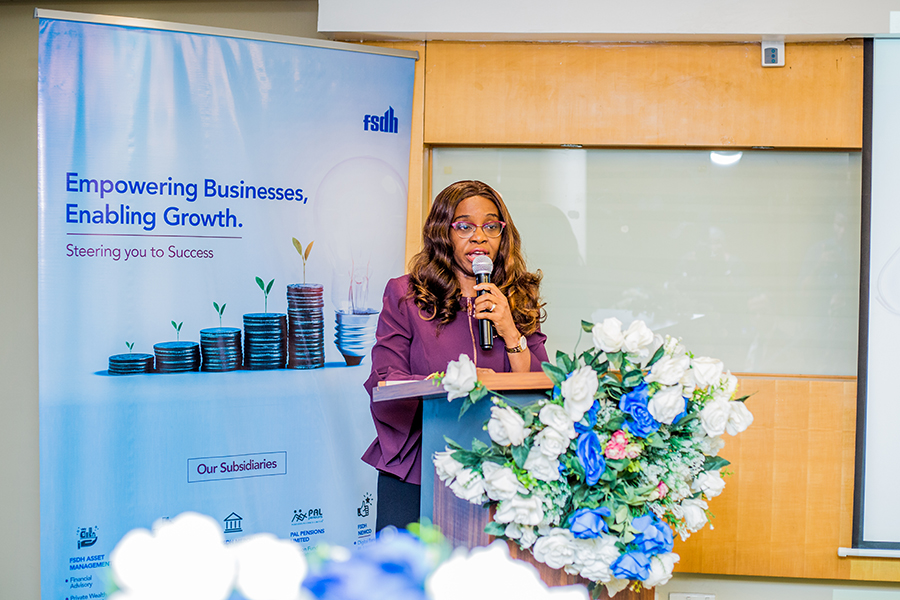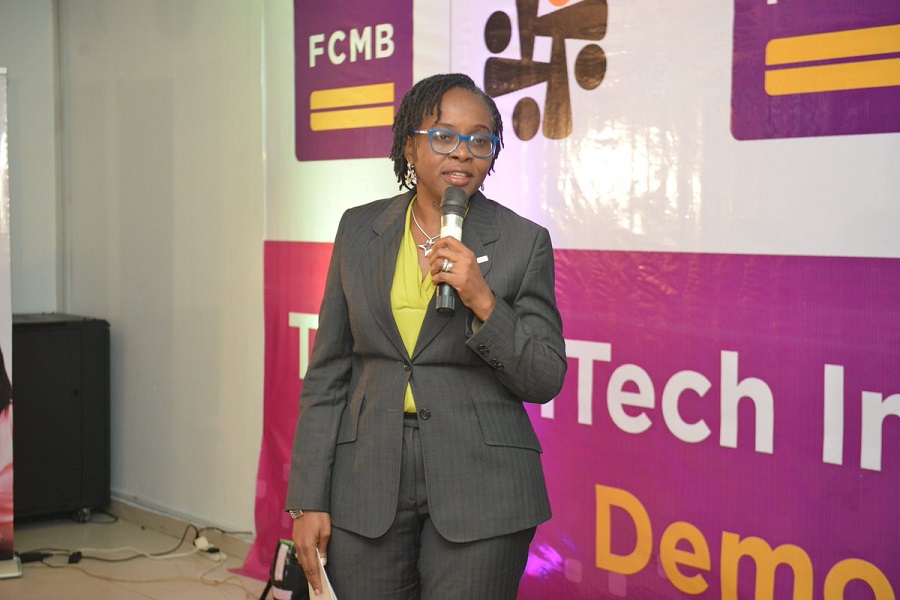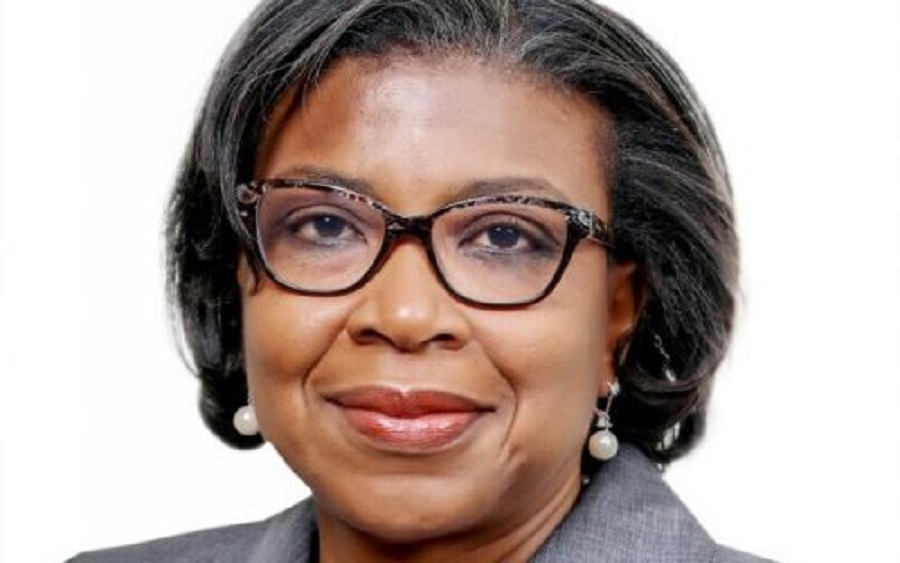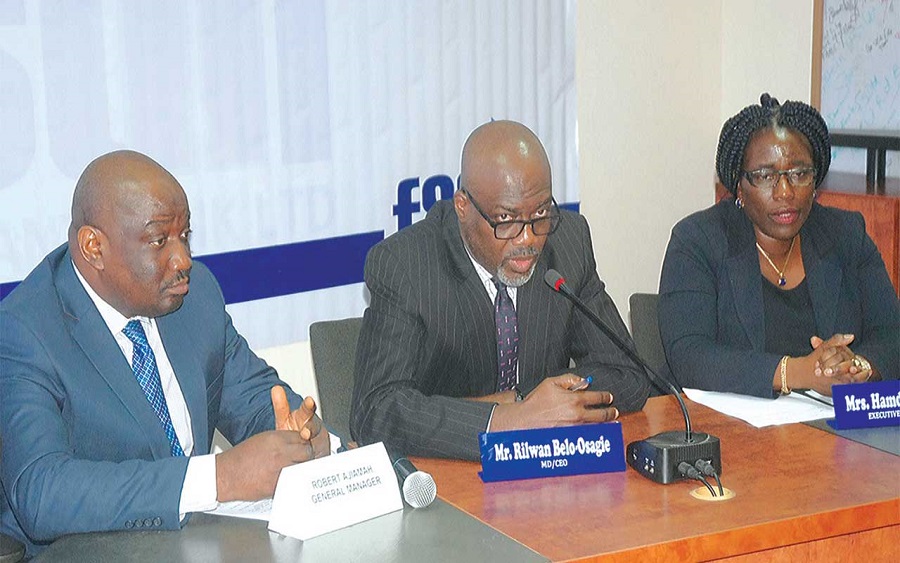FSDH Merchant Bank has released its Nigeria Macroeconomic Report for the First Half of 2025, offering critical insights into the global and domestic economic environment at its Mid-Year Economic Outlook Roundtable held on Wednesday, July 9, 2025.
Titled “Balancing on the Edge in a Fragile World,” the report dissects the complex interplay of global disruptions and Nigeria’s economic performance, while providing a forward-looking projection for H2 2025.
The report identifies global trade tensions, geopolitical unrest in the Middle East, and fragile capital flows as the dominant forces shaping economic outcomes in the first half of the year.
Despite these headwinds, Nigeria showed signs of resilience, underpinned by expanding non-oil exports, moderating inflation, and improving investor sentiment.

Speaking at the event, Bukola Smith, Managing Director and CEO of FSDH Merchant Bank, emphasized the importance of resilience and reforms. “Nigeria has demonstrated encouraging signs of macroeconomic stability in the face of global headwinds. Our PMI data suggests an expanding economy, inflation is decelerating, and exchange rate reforms are strengthening market confidence. However, sustaining this progress requires deep structural reforms, especially in energy, trade, and fiscal management.”
Key Highlights from the H1 2025 Report:
Global Risks, Local Impact: The Israel-Iran conflict and a renewed tariff war under US President Donald Trump have triggered global uncertainty, with the IMF cutting global growth projections. Oil price volatility and trade disruptions are shaping Nigeria’s external outlook.
Inflation Moderates: Following a revision in the Consumer Price Index methodology, inflation dropped from 24.5% in January to 23% in May 2025.
Exchange Rate Reforms Working: The Naira showed relative stability, trading within a narrower band. FX reforms and CBN’s transparency have restored investor confidence.
Positive Growth Indicators: Though official GDP data is pending, the Purchasing Managers’ Index (PMI) stayed above the 50-point threshold throughout H1, reflecting economic expansion across agriculture, industry, and services.
Oil Revenue Pressures: Despite a decline in oil’s share of exports to 62.9% (from 81% in 2024Q1), crude oil production remains below budget benchmarks. This shortfall may affect fiscal performance unless addressed.
Capital Market Strength: The NGX All Share Index (NGX-ASI) returned 16.6% YTD, outperforming many global peers, while foreign portfolio investments surged to US$5.03 billion in Q1.
Tax Reforms Introduced: Nigeria passed four major tax laws in June, aiming to harmonize tax administration, increase compliance, and improve equity. These are expected to raise the tax-to-GDP ratio from 10% to 18% in three years.
According to Hakeem Muhammed, Executive Director, Global Markets and Institutional Banking, “Investor sentiment has begun to turn positive. Nigeria’s bond and T-bill markets are attracting renewed interest, and equity markets are gaining momentum. At FSDH, we understand that in times like this, clarity and partnership matter more than ever. While we can’t control global events or predict every market move, we remain committed to helping you navigate the complexity with perspective, precision, and purpose”
The report also noted cautious optimism in the bond and NT-Bills market, as yields softened in response to improved macro indicators, while oil sector stocks on the NGX continued to underperform due to global crude price pressures.
“With the MPR at 27.5%, prime lending rates currently exceed 30%, but projected downward trends in H2 2025 offer a more favourable outlook for debt-funded expansion and capital investments,” added Stella-Marie Omogbai, Executive Director, Corporate Banking and Branches, FSDH Merchant Bank. “Interest rates are expected to ease due to projections on MPC rates dropping to at least 27%, supported by fresh capital inflows in the banking industry and reduced inflation concerns. FSDH, in partnership with DFIs, will continue to provide funding at competitive rates to help businesses grow.”
Outlook for H2 2025:
The report projects that if oil production improves and inflation continues its downward trend, Nigeria may achieve GDP growth of 4.4%, inflation at 17.1%, and external reserves of US$44.3 billion, provided oil output and reforms align in a best-case scenario.
However, Nigeria must leverage current momentum to deepen economic diversification, accelerate reforms in the power and petroleum sectors, and maintain coordination between fiscal and monetary policy.
























